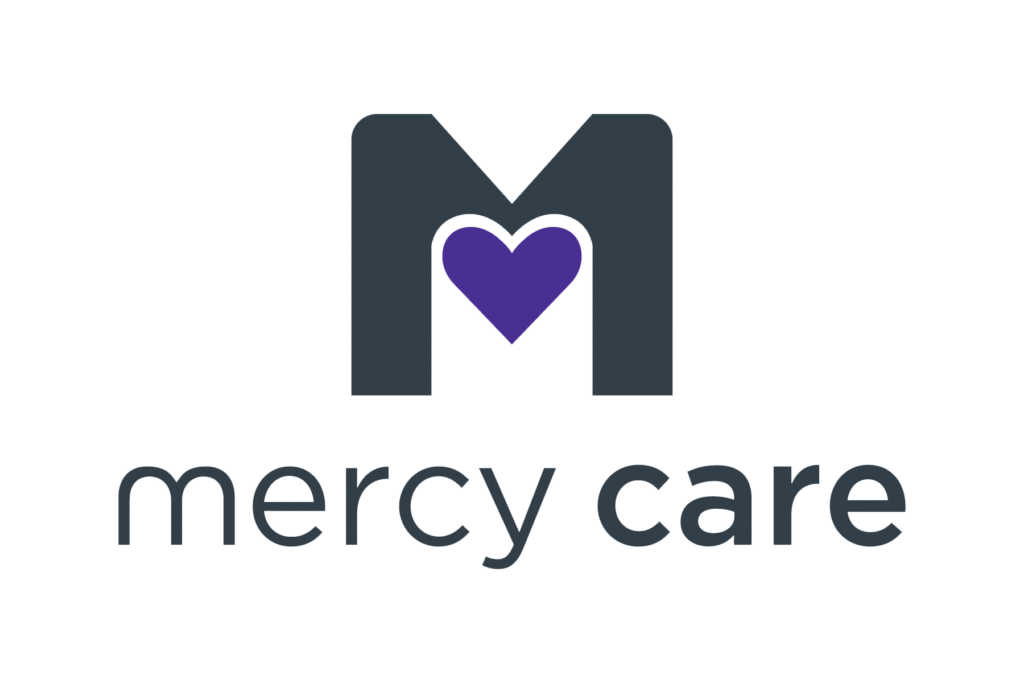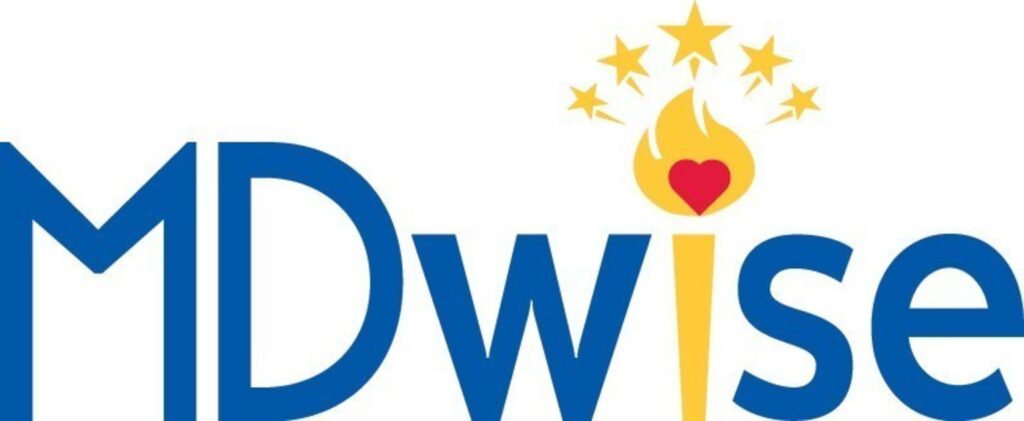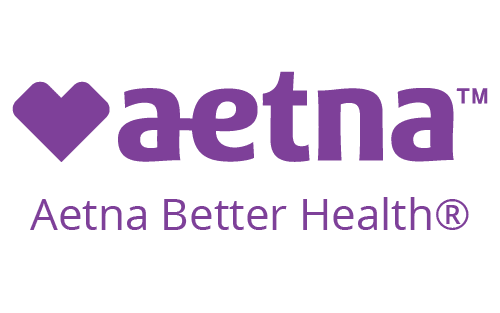- About Us
-
-
About Us
Brighter Strides ABA specializes in individualized behavioral interventions that empower children with ASD to overcome the challenges that hinder their growth, and learn the skills that will help them thrive.
-
-
-
-
- Locations & Services
-
-
Locations & Services
Our comprehensive ABA therapy services are now offered in 12 states nationwide.
-
-
-
General ABA Services
Center-Based Services
-
-
Service Locations
-
-
-
-
- Resources
-
-
Resources & Learning Hub
Connecting with the autism community offers valuable insight into your child’s world. We’re here to provide personalized, unwavering support for your family.
-
-
-
Resources & Learning
-
Recent Articles
-
-
- Contact Us
- Careers
-
-
Careers
Be part of a collaborative team at a company built on compassionate care.
-
-
-
-



















































